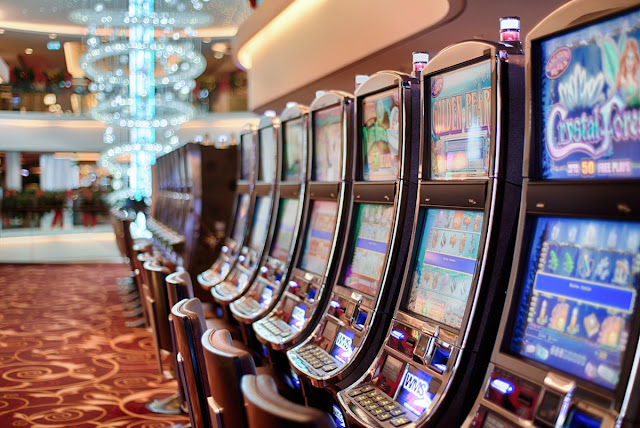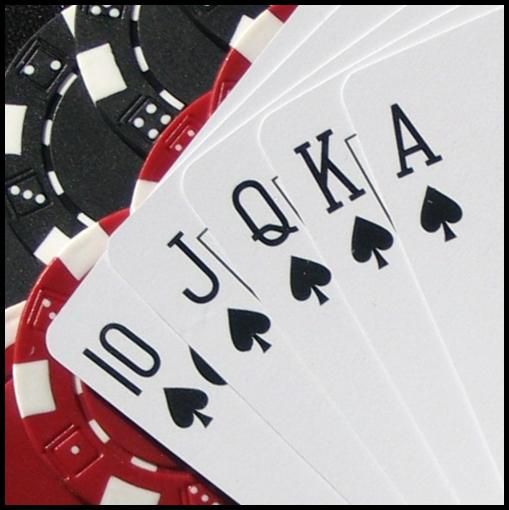Online poker review
Pete Carroll must forever live with the consequences of a good decision gone bad.
On Feb. 1, 2015, Carroll’s Seattle Seahawks trailed the New England Patriots 28-24 with 26 seconds left in Super Bowl XLIX. Seattle had the ball second down and goal on New England’s one-yard line with Pro Bowl running back Marshawn Lynch in the backfield. New England had the worst record in the league that year of allowing opponents to score within two yards of the goal line. All the stars were lined up to give the ball to Lynch and let him barrel into the end zone. Powerball game site
But to nearly everyone’s astonishment, Carroll called for quarterback Russell Wilson to pass. The throw was picked off by Patriots’ cornerback Malcolm Butler, who fell on the ball, enabling New England to run out the clock for a stunning and unlikely win.
Sports pundits were merciless the next day. “Worst play-call in Super Bowl history,” trumpeted the Washington Post. “Pete Carroll botches the Super Bowl,” wrote ESPN.
Statistically, though, Carroll’s call was sound and even brilliant, notes decision science expert and former world-class poker player Annie Duke. NFL teams had thrown 66 touchdown passes from the one-yard line that year with zero interceptions. Throughout the history of NFL record-keeping, the chances were 98% that the play would have resulted in either a touchdown or an incompletion, either of which would have benefited Seattle. casino game law
The uproar surrounding the head coach’s decision is an example of what Duke calls “outcome thinking,” or the assumption that a decision that leads to a negative outcome is, by definition, a bad decision. In her recent book, Thinking in Bets, Duke notes that outcome thinking compounds poor choices on two levels: It dissuades us from making sound future decisions while reinforcing bad decisions that turned out well thanks to a lucky break. We as a whole know instances of result thinking: employing the superstar CEO who ends up being a despot in the working environment or picking a promising-looking excursion property on Airbnb that is pervaded with mice. At the point when such wagers don't work out, we will in general fault the top managerial staff who employed the chief or the booking organization that we'll never work with again. That is albeit the two results were oddities that aren't probably going to happen once more.
Result thinking subverts the information driven dynamic culture that is essential for advanced change. We have more data readily available than any time in recent memory, yet seat-of-the-pants dynamic that has been cemented by long periods of propensity continues. A Business Application Research Center overview announced last year that almost 60% of business experts said supervisors at their organizations base at any rate half of their choices on gut feel or experience.
Not all choices request thorough investigation, obviously. There's significantly less in question in picking what to arrange for lunch than making a proposition to be engaged or concluding whether to wager $3 million on a startup. The more prominent the dangers of an awful choice, Duke affirms, the more significant it is to depend on information.
Gaining admittance to that information is simpler than any time in recent memory. Distributed computing has democratized information warehousing, making it workable for anybody to take advantage of the force of breaking down monstrous information stores, which are themselves accessible as cloud administrations. AI calculations, which are basically likelihood motors that make suggestions dependent on connection, are multiplying and getting simpler to utilize.
Playing the chances
People, in any case, are as yet coming up the developmental bend. Numerous leaders like to draw analogies among business and chess, yet a more exact correlation is to poker, Duke says. A chess player is in full control of their fate and can just lose by committing errors. Conversely, poker players live in a universe of vulnerability where even a hero can lose to a fledgling in some random competition on account of a couple of godsends. Prevailing upon the long haul requires understanding the chances and making great wagers more than once with the arrangement that they will not generally work out.
The procedure Duke prescribes is to be explicit about the information that undergirds basic choices and our certainty level in them. Rather than utilizing terms like "critical" or "colossal," refer to the well established realities, the determined probabilities, and your certainty level that the decision is the right one, regardless of whether that certainty is a ballpark estimation.
At the point when that occurs, "Settling on better choices quits being about off-base or right however about adjusting along every one of the shades of dark," she composes. Depending on information and likelihood gives everybody a reasonable establishment for settling on choices and shared duty regarding the danger of disappointment. online casino
Winning in business is seldom a go big or go home suggestion. Walmart has not exactly a 10% portion of retail deals. Choices that are effective 70% of the time return gigantic benefits. Simply recollect, Duke expresses, "an occasion anticipated to happen 30% to 40% of the time will happen a ton."

%20(2).jpg)


Comments
Post a Comment